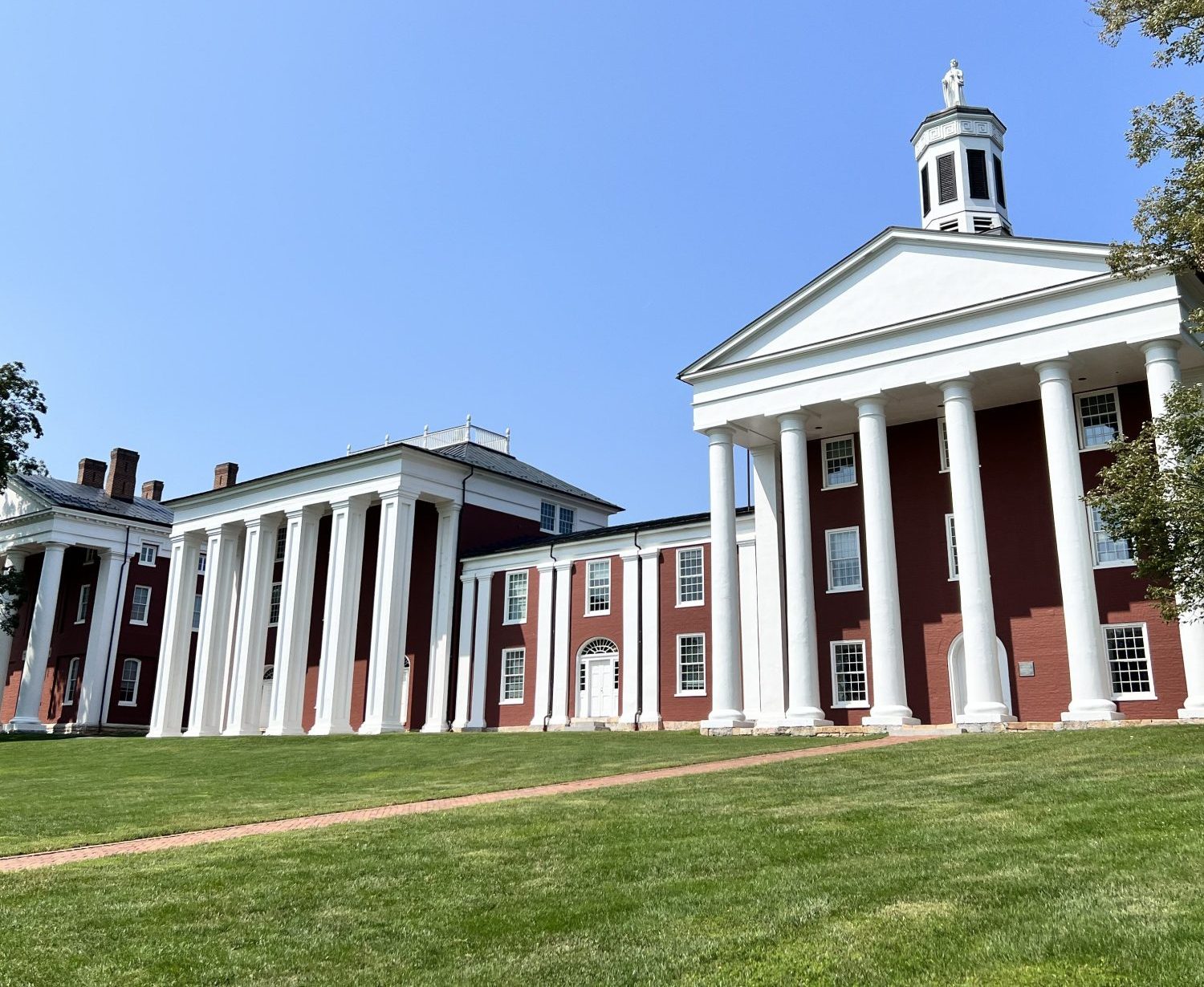By: Sam Carley
Human Rights Watch recently published a report detailing the atrocities of attacks on schools conducted by both Azerbaijan and Armenia during the recent Nagorno-Karabakh War.
Nagorno-Karabakh is a disputed region in southwest Azerbaijan with a majority Armenian population that is internationally recognized as a part of Azerbaijan but de facto governed by ethnic Armenians. In 1994, after three years of war, Armenians living in Nagorno-Karabakh declared independence from Azerbaijan, forming the breakaway state known as the Republic of Artsakh.
While the region has experienced bouts of conflict in the years since 1994, tensions rose in the summer of 2020 when Armenia publicly backed Shusha, an important historical city to both Armenia and Azerbaijan, as the Republic of Artsakh’s new capitol. By the end of September 2020, tensions erupted into a full armed conflict. This latest Nagorno-Karabakh war lasted through the beginning of November, when Russian peacekeepers were dispatched to the region.
According to official reports, over 150 civilians were killed during the conflict. Human Rights Watch’s report, Lessons of War, highlights just one of the many human rights tragedies that occurred during the peak of the 2020 war.
Over 125 schools, both Armenian and Azerbaijani, were attacked in the fall of 2020. Both sides of the conflict used imprecise artillery, which led to more civilian deaths and unintended targets such as schools. One school in Khankendi, ‘School No.10’, was hit multiple times in October of 2020 by artillery fire intended for an electrical plant nearby. The badly damaged school is still running at only one-third capacity a year later.
Many of the schools in the disputed Nagorno-Karabakh region had recently opened after a yearlong shutdown due to the COVID-19 pandemic. With the threat of shelling, the schools closed their doors once again for the safety of their students. For school children in the Nagorno-Karabakh region, safe access to education has been non-existent for the entirety of 2020 and potentially through the remainder of 2021.


